Fall 2019 Course Spotlight: Experiential Courses in Food and Wine
The following Fall 2019 courses are organized by the Programs in Food & Wine and are open to both degree-seeking students and as non-credit certificates.
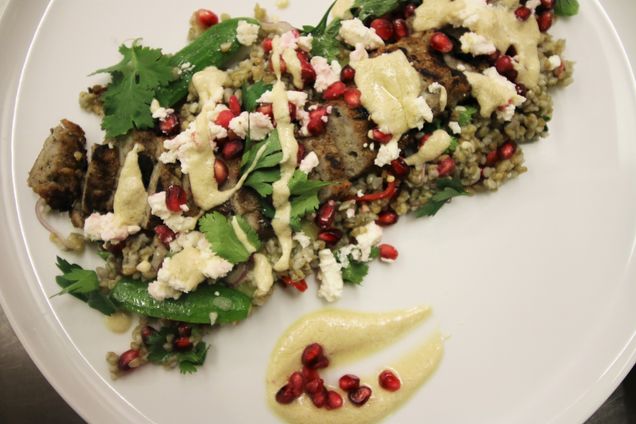
MET ML 698 – Saturday Laboratory in the Culinary Arts: Cooking
8 Saturdays, 10am – 4pm, September 7 – October 26
This intensive, hands-on course will expose students to the essential skills and techniques that are the foundation of any culinary career. Students will engage in lectures and demonstrations and acquire applied experience in our spacious, state-of-the-art laboratory kitchen. From simple techniques to more difficult and complex preparations, students will develop valuable cooking skills, including:
- Foundations of cookery: stocks, soups, sauces, knife skills
- Production cookery: sautéing, roasting, frying, stewing, braising, simmering, poaching, grilling
- Bread and pastry: cakes, pastries, tarts, cookies, breads
- Sanitation, safety and the proper handling of food
This intensive, Saturdays-only course offers a condensed version of the full-time Certificate Program in Culinary Arts to students with weekend availability.
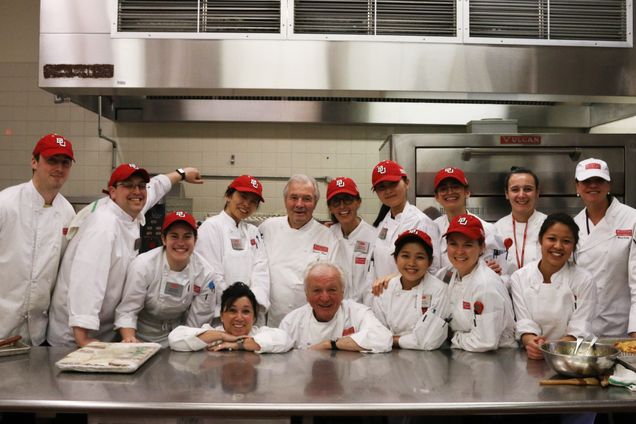
MET ML 700 – Certificate Program in the Culinary Arts: An Intensive, Hands-On Cooking Course (Multiple Instructors)
Mondays –Thursdays, 10am-6pm, September 5 to December 12
In the spring of 1989 Boston University held the first class in the Certificate Program in the Culinary Arts. Cofounded by Rebecca Alssid, Julia Child, and Jacques Pépin, this intensive, semester-long program was developed to expose student to classic French and American techniques, baking, and international cuisines, sustainability and many more subjects. The unique program merged the best aspects of traditional culinary arts study with the hands-on tutelage of a wide range of chefs—augmented by insight into the food industry as a whole. This model allows students to enter a wide variety of jobs related to food as well as continue their education in the Gastronomy Program. Merging the best aspects of the traditional culinary arts with hands-on instruction in BU’s state-of-the-art laboratory kitchen, the program provides insight into the food industry and prepares students for a variety of professional roles.
The only one of its kind in the country, Boston University’s full-time culinary arts program – entering its third decade – is taught entirely by working chefs and experts in the food industry.
Enrollment is limited to 12 students.
For more information, please call 617-353-9852 or visit www.bu.edu/foodandwine/culinary
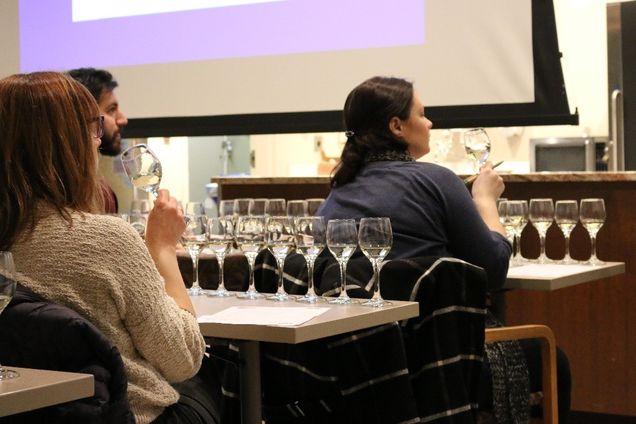
MET ML 651 – Level 1: Fundamentals of Wine – An Introduction (Bill Nesto, Ara Sarkissian)
Prerequisite: none, 2-credit course
Mondays, 6-9pm, September 9 – November 9
Suitable for students without previous knowledge of wine, this introductory survey explores the world of wine through lectures, tastings, and assigned readings. By the end of Level 1, students will be able to:
- Exhibit fundamental knowledge of the principal categories of wine, including major grape varieties, wine styles, and regions
- Correctly taste and classify wine attributes
- Understand general principles of food and wine pairing
- Comprehend the process of grape growing and winemaking
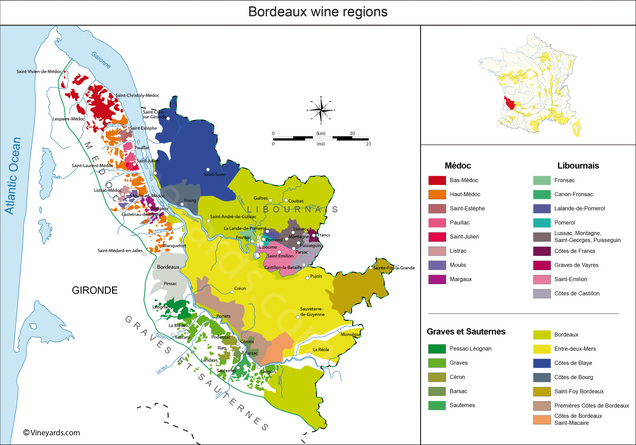
MET ML 652 – Level 2: A Comprehensive Survey of Wine (Bill Nesto, Beth Ann Dahan)
Prerequisite: none, but Level 1 recommended
Tuesdays, 6-9pm, September 3 – December 10
This intensive survey is designed for the avid consumer and serious student of wine. Offering detailed knowledge of wine through tastings, lectures, and assigned readings, the course is also useful for those who wish to enter the wine trade, or those in the industry who want to hone their knowledge. By the end of Level 2, students will be able to:
- Exhibit detailed knowledge of wine regions, grape varieties, and styles
- Demonstrate refined tasting ability
- Understand inherent characteristics of wine
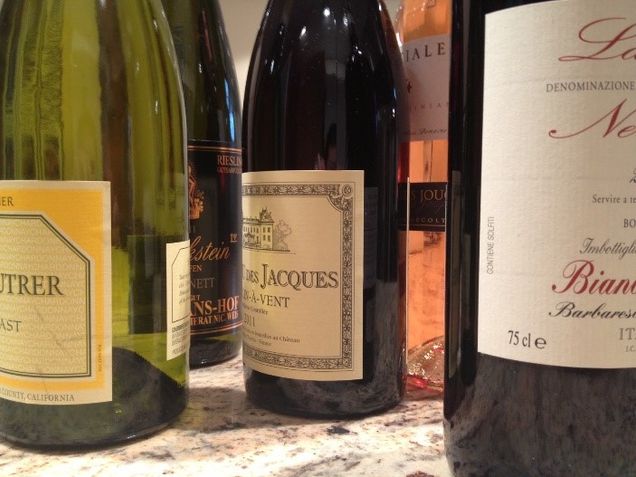
MET ML 653 – Level 3: Mastering Wine – Skill Development (Bill Nesto, Beth Ann Dahan)
Prerequisite: a passing grade in Level 2
Wednesdays, 6-9pm, September 4 – December 11
This interactive and dynamic course is the first step in the mastery of the world wine industry. Intensive independent research, group presentations, and wine tastings enable students to gain advanced knowledge of wine production distribution, and consumption. By the end of Level 3, students will be able to:
- Identify wines accurately in blind tastings, including grape varieties and regions
- Appreciate the structure of the wine business at the local, national, and international levels
- Fully understand wine grape growing, vinification, maturation, bottling, and quality control
- Comprehend the theoretical interaction and synergy between wine and food pairing
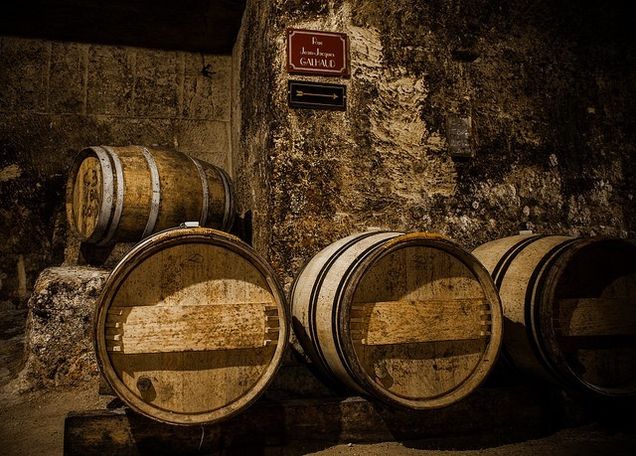
MET ML 654 – Level 4: The Wine Trade – Global, National, and Local Perspectives (Bill Nesto, Beth Ann Dahan)
Prerequisite: a passing grade in Level 3
Thursdays, 6-9pm, September 5 – December 12
Students continue to develop mastery of the global wine industry through in-depth discussions and forums, research of current issues in the wine industry, interaction with experts in the field, and by tasting wines of exceptional quality. By the end of Level 4, students will be able to:
- Use their wine tasting skills to deconstruct and understand wine quality and origins
- Refine their wine vocabulary and comprehensive observations
- Effectively communicate about wine
- Speak and write confidently about current issues in the wine industry
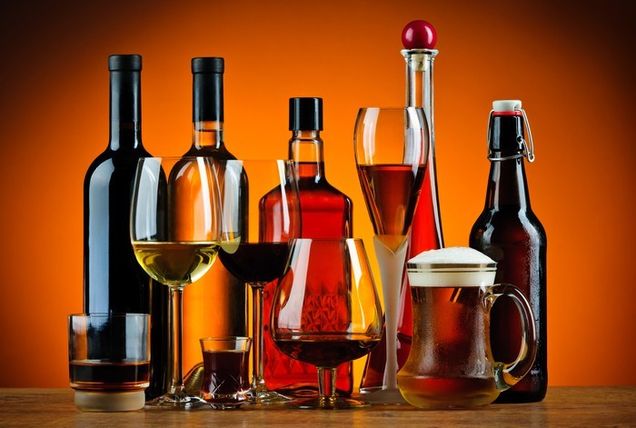
MET ML 650 – Beer and Spirits (Sandy Block)
Thursdays, 6-9pm, September 5 – October 24
This class will cover the history, production, techniques, and classifications of all the major beer and spirits categories. Together with Master of Wine Sandy Block, VP of Beverage at Legal Sea Foods, students will taste and become thoroughly familiarized with the differences among beers and spirits, learn about the ingredients that create these classic beverages, and discuss trends in the beer and spirit industries in the United States and worldwide. This survey course is ideal for people who have an interest in beer and spirits, but would like to have a greater in-depth understanding of the richness and diversity comprising these categories.